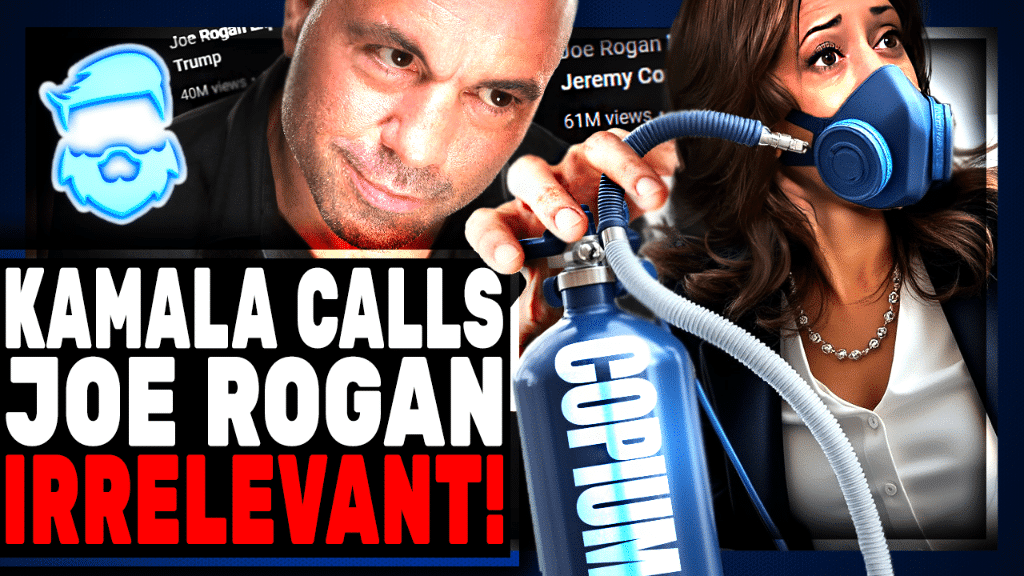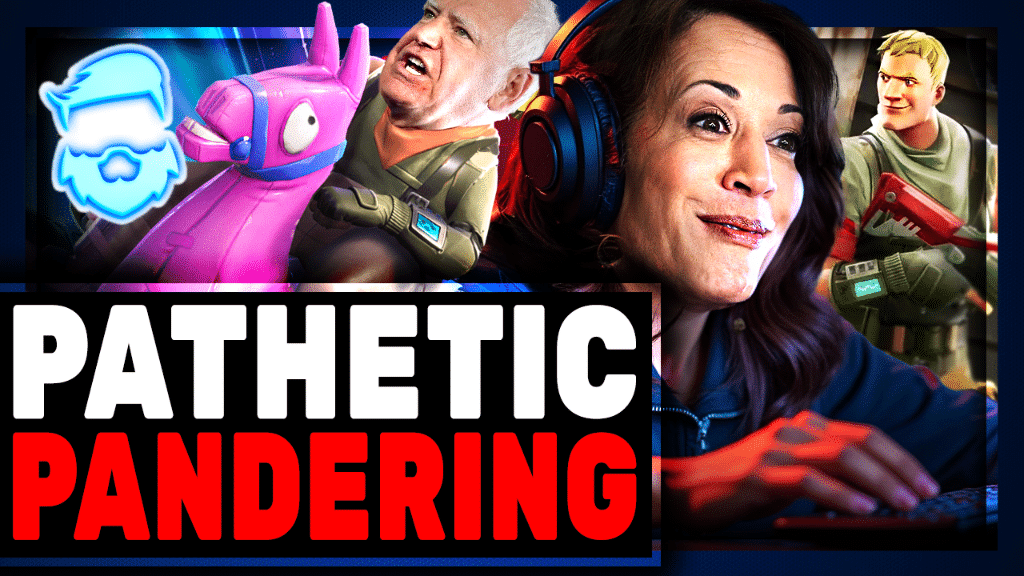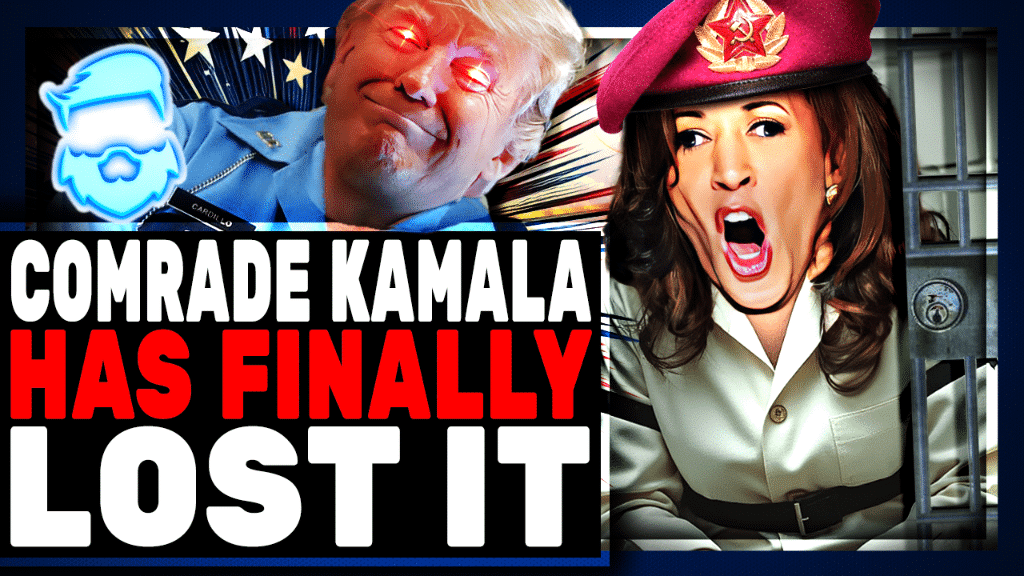Twitter’s board has accepted an offer from billionaire Elon Musk to buy the social media company and take it private, the company announced Monday.
The stock closed up 5.64% for the day after it was halted for the news.
“Free speech is the bedrock of a functioning democracy, and Twitter is the digital town square where matters vital to the future of humanity are debated,” Musk said in a statement included in the press release announcing the $44 billion deal. “I also want to make Twitter better than ever by enhancing the product with new features, making the algorithms open source to increase trust, defeating the spam bots, and authenticating all humans. Twitter has tremendous potential – I look forward to working with the company and the community of users to unlock it.”
The cash deal at $54.20 per share is valued at around $44 billion, according to the press release. Twitter will become a private company once the deal is complete.
The announcement ends a weeks-long saga Musk kicked off when he disclosed a large stake in the company. Soon after, the company said he would join the board, only for Musk to reverse course on that plan several days later. Then, he offered to buy the company at $54.20 per share, his “best and final.” That offer valued Twitter at about $43 billion.
Assuming the deal closes and Musk takes ownership of Twitter, the company will be controlled by the world’s richest person and someone who’s been a heavy critic of the platform while using it in legally contentious ways, mostly through sensitive posts about his car manufacturer, Tesla. Though Musk has indicated that his primary interest in Twitter has to do with what he views as the company’s censorship of free speech, Musk critics are justifiably concerned that the billionaire’s control over the platform will result in the silencing of their voices and others with whom he may disagree.
Twitter’s board sought to fend off a hostile takeover by adopting a so-called poison pill, or shareholder rights agreement, that would allow other shareholders to buy the stock at a discount should Musk or another person or group acquire more than 15% of outstanding common stock. The plan would dilute that person’s holdings in a strategy commonly employed to prevent unwanted acquisitions.
The board seemed to have two reasons to consider rejecting the deal. The first was that the offer, while priced well above Twitter’s current share price, was arguably too low given it had recently surged above that price tag.
The second was that it was initially unclear how Musk would fund the deal. Despite being the world’s richest person, much of his wealth is tied up in Tesla stock, meaning he would likely have to borrow against his holdings to fund the deal.
But the offer became more concrete once Musk announced in a Securities and Exchange Commission filing that he received commitments for $46.5 billion to help finance the potential deal. That included about $25.5 billion in debt financing from Morgan Stanley Senior Funding and other firms. He said he committed about $21 billion in equity financing.

















